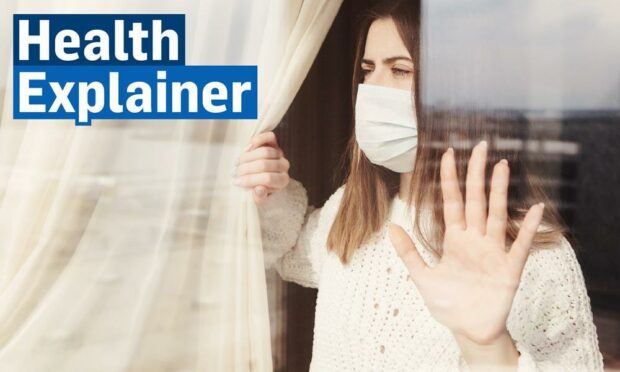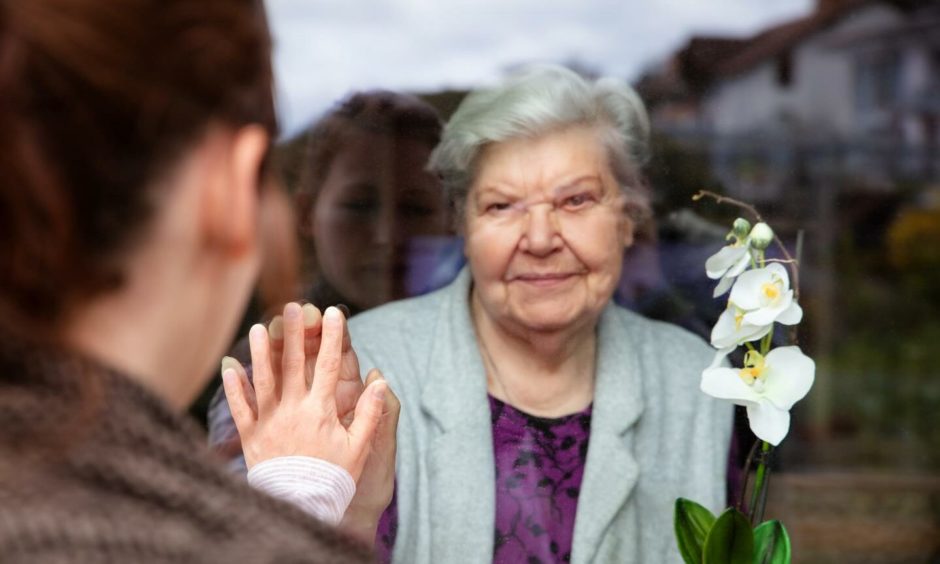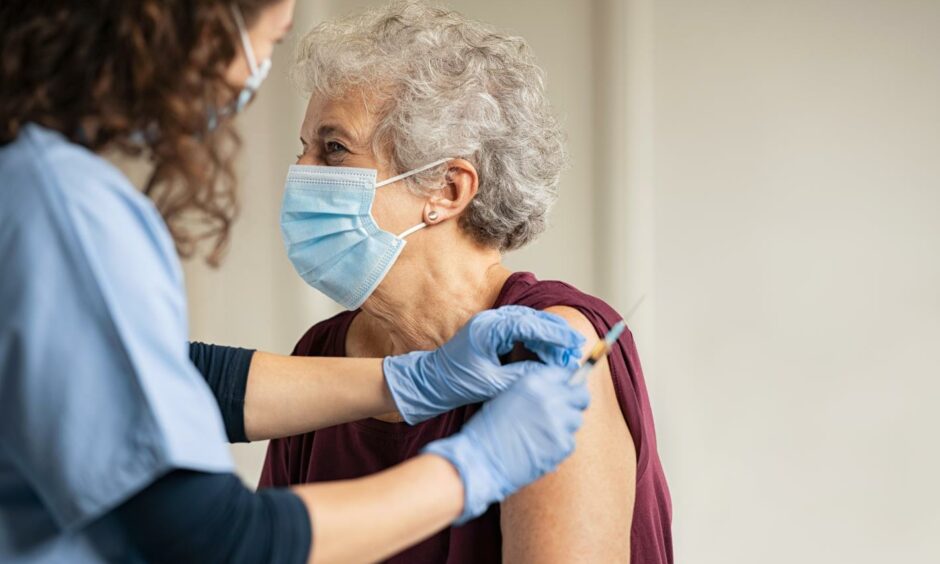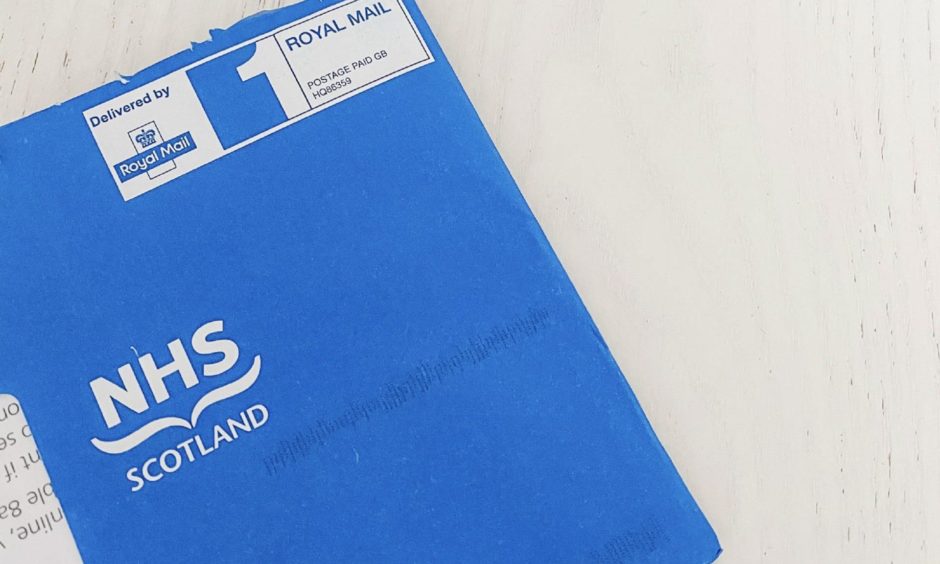Shielding was introduced at the beginning of the pandemic to protect those at highest risk of severe illness from Covid.
But this week, the Scottish Government has announced plans to scrap the shielding, or ‘Highest Risk List’ as it’s now known.
So if you’re immunosuppressed or live with someone who is – what do you need to know about the change?
The Highest Risk List – formerly known as the Shielding List – will end on 31 May.
Why are they ending the list?
The Scottish Government say it’s as a result of the success of the vaccination programme and the introduction of new treatments for Covid.
The decision’s been taken following a review of growing clinical evidence by a team of specialists.
That evidence shows for the vast majority of those on the list, the risk of hospitalisation or death from Covid has been significantly reduced.
It also clearly shows the majority of people who have been on the Highest Risk List no longer need to consider themselves at any significantly higher risk.
What does that mean for shielders?
If you’re currently on the list, you can expect a letter from the Chief Medical Officer to advise you of the change.
It will also sign-post you to ongoing support should you need it.
The NHS will continue to contact people who’re eligible for priority vaccinations or new treatments.
But the list won’t be used for that anymore as it was previously.
What’s the current advice for the shielding list?
The clinical advice for those on the Highest Risk List is to follow the same guidance as everyone else in Scotland.
Unless you’re specifically advised otherwise by your own GP or clinician.
What about the immunosuppressed?
If you’re immunosuppressed, or have some reduced immunity, you’re likely to need general protection from a range of infections as well as Covid.
Dr John Harden, Deputy National Clinical Director, explains support is still in place for that small number of people.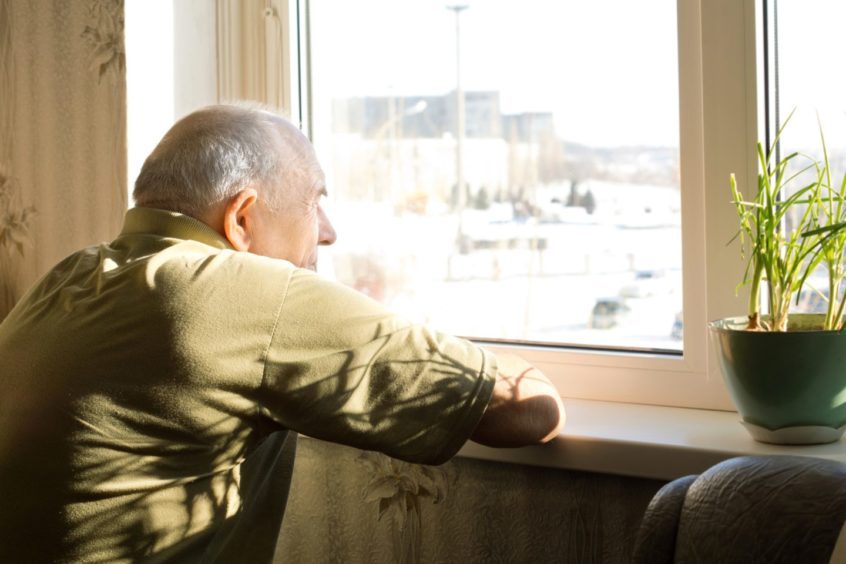
“We will publish separate advice for this group,” he says.
An identification process will also give a list of those who need additional advice in future should it be needed.
What wellbeing support is still available?
Wellbeing support is also available for those on the list.
This includes:
- An additional £120,000 to the British Red Cross to fund their Connecting With You service for those affected by loneliness.
- The Distance Aware Scheme for those who want additional space and extra care while out in public.
